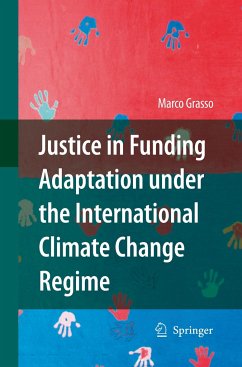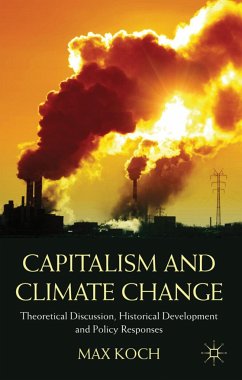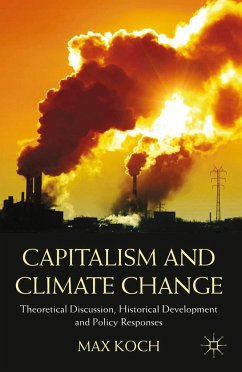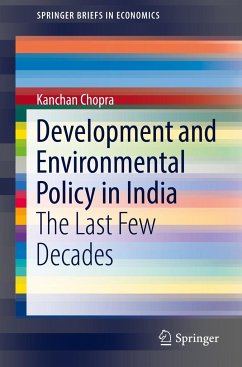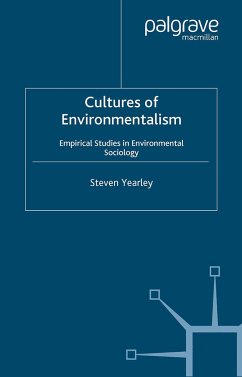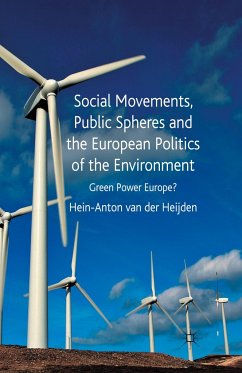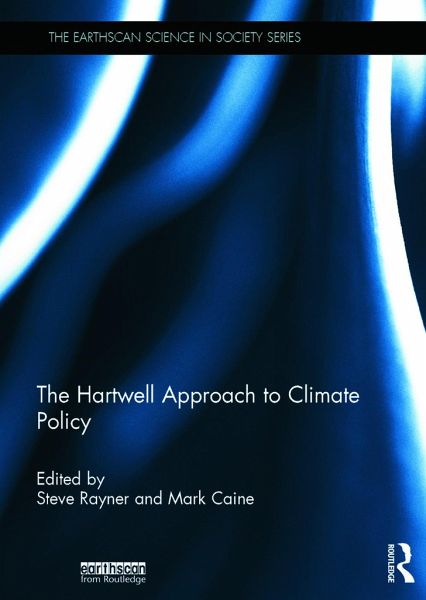
The Hartwell Approach to Climate Policy
Versandkostenfrei!
Versandfertig in über 4 Wochen
234,99 €
inkl. MwSt.
Weitere Ausgaben:

PAYBACK Punkte
117 °P sammeln!
Drawing on a rich history of heterodox but increasingly accepted views on climate change policy, this book brings together in a single volume a series of key, related texts that define the 'Hartwell critique' of conventional climate change policies and the 'Hartwell approach' to building more inclusive, pragmatic alternatives. It tells of the story of how and why conventional climate policy has failed and, drawing from lessons learned, how it can be renovated. With contributions from leading scholars in the field this work presents an incisive critique of climate policy to date and a construct...
Drawing on a rich history of heterodox but increasingly accepted views on climate change policy, this book brings together in a single volume a series of key, related texts that define the 'Hartwell critique' of conventional climate change policies and the 'Hartwell approach' to building more inclusive, pragmatic alternatives. It tells of the story of how and why conventional climate policy has failed and, drawing from lessons learned, how it can be renovated. With contributions from leading scholars in the field this work presents an incisive critique of climate policy to date and a constructive primer for how to improve it.





